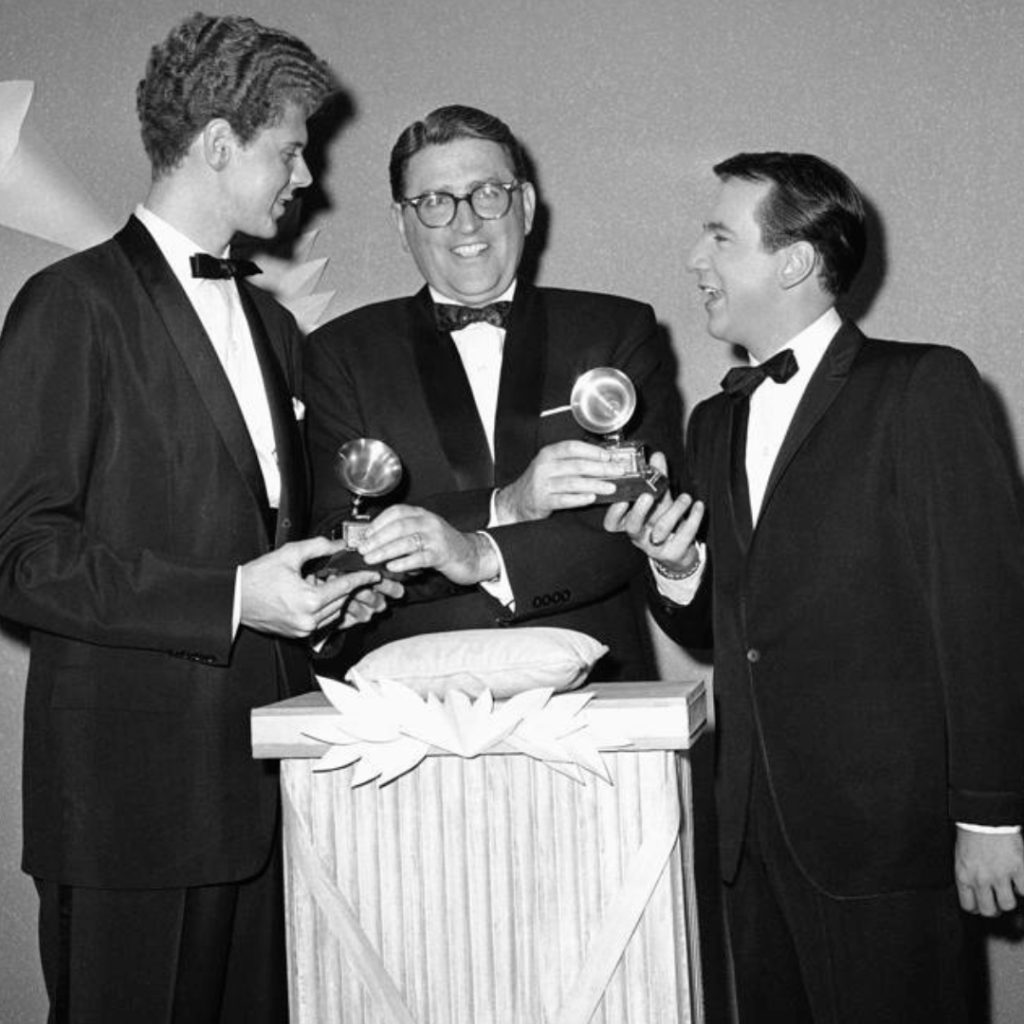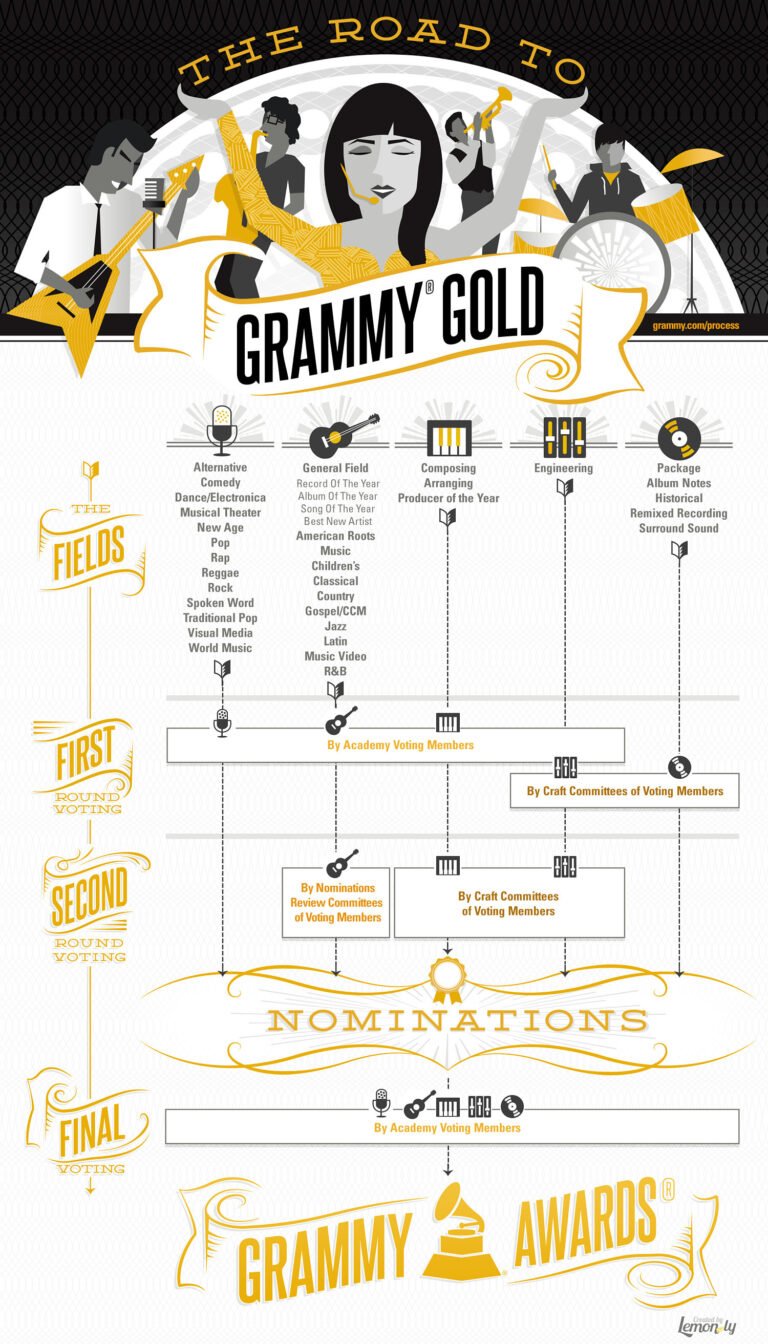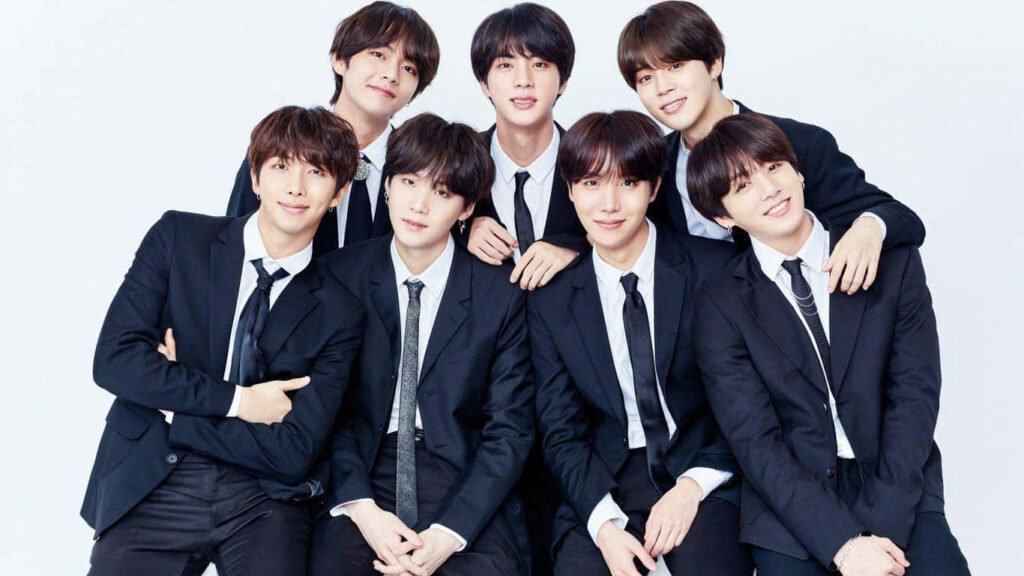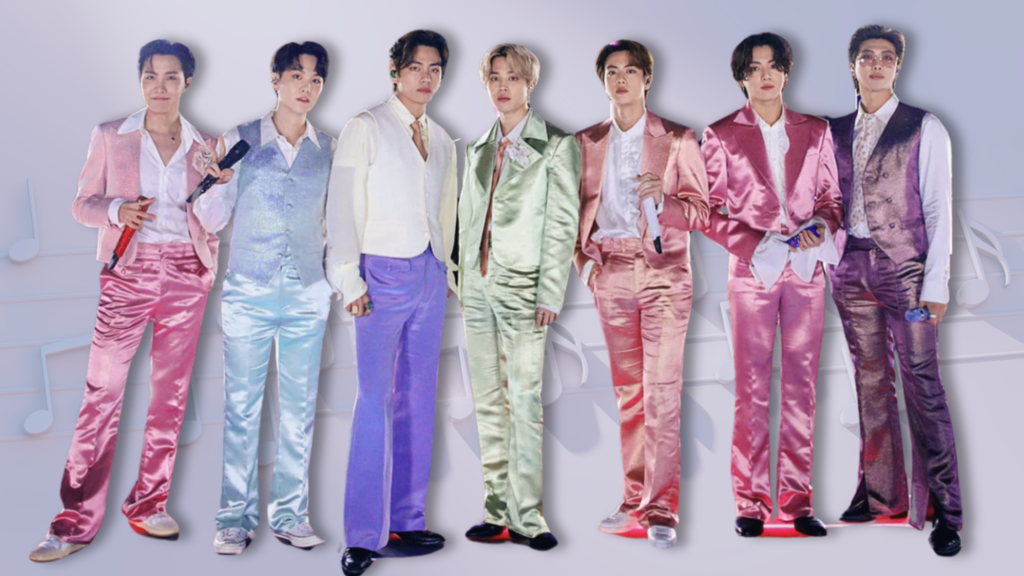The Grammys: A Legacy of Excellence or a Game of Popularity?

Published February 19, 2025
Did you catch the Grammy announcements this year? If not, no worries—you didn’t miss much. The same cycle of winners, the same predictable patterns. It’s almost as if the awards have been running on autopilot for decades.
Every year, especially among K-pop fans, the same question arises: Why do we keep expecting the Grammys to recognize non-American or non-English-speaking artists? After all, isn’t it an American award? It’s a fair point. Think of the Mnet Asian Music Awards (MAMA)—do they typically hand out trophies to foreign acts?

Not really. So why do international artists even dream of winning a Grammy?
The Grammys as a Global Institution
The United States is in a unique position as a cultural melting pot, built on a foundation of diverse influences from around the world. This multicultural nature extends to its music industry. More importantly, the U.S. dollar serves as the world’s reserve currency, which ties many global industries—including music—into its economy. So while the Grammys may have started as an American award, they’ve evolved into a global institution.
In fact, the first-ever Record of the Year and Song of the Year at the Grammys in 1959 went to Volare, an Italian song by Domenico Modugno. And in 1963, the first Asian Grammy winner, Larry Ramos, took home an award as a member of The Association.


The notion that non-English or international artists can’t win is simply not true—at least, not historically.
What Changed? From Merit to Influence
In the early days, the Grammys were built on a strict system emphasizing artistic and technical excellence. Members had to attend rigorous workshops on voting integrity and music evaluation. These sessions ensured that votes were based on merit, not popularity or personal bias. If you didn’t complete the training, you couldn’t vote—simple as that.
Becoming a Grammy member was also no easy feat. Artists had to submit a portfolio proving their impact on the industry. Releasing an album wasn’t enough; you had to demonstrate that your work had made a meaningful contribution. This system favored genres like jazz, classical, and standards—music that prioritized artistic quality over commercial success.
But over time, the Grammys became victims of their own prestige.

Everyone wanted to be associated with them—publicists, managers, and music executives began pushing their artists for membership. It was no longer about qualifications; it became about connections. If you were popular, you got in. If you had the right people advocating for you, you got in.
The Popularity Contest Begins
As the industry shifted, so did the selection process. The rise of major labels and powerful executives meant that Grammy membership and voting became more about influence than quality. Agents and managers worked behind the scenes, securing votes through a system of mutual back-scratching: I vote for your artist, you vote for mine.
This shift led to an industry where big names and viral hits took precedence over musical integrity. Popularity became the key factor, and as a result, songs with little artistic depth—those focused on repetitive themes of sex, partying, and controversy—started dominating the awards.
The BTS Factor: Why Some Artists Don’t Play the Game
This industry shift puts groups like BTS in a difficult position.

Unlike many Western artists, BTS doesn’t engage in the traditional networking and social scene that drives Grammy votes. Instead of attending post-award show galas to schmooze with industry insiders, they spend their time engaging with fans through live streams.







They focus on their craft rather than playing the industry’s political game.
Artists who choose not to participate in this networking system often find themselves overlooked, regardless of their commercial power or global influence. As BTS’s Suga once joked, the Grammys are just a “local thing,” echoing Bong Joon Ho’s famous comment about the Oscars being “very local.” The irony? BTS is already a global powerhouse—the only ones refusing to admit it are the industry gatekeepers.
The Grammys still hold significant prestige, but their credibility has been questioned due to the shift from a merit-based system to one dominated by industry politics and popularity. While there are still deserving winners, the lack of recognition for certain artists raises concerns about the fairness of the process.
So, should international artists still aspire to win a Grammy? Perhaps. But should they depend on it as the ultimate mark of musical excellence? Absolutely not. The true measure of success isn’t a trophy—it’s the impact of the music itself, and that’s something no award can define.

